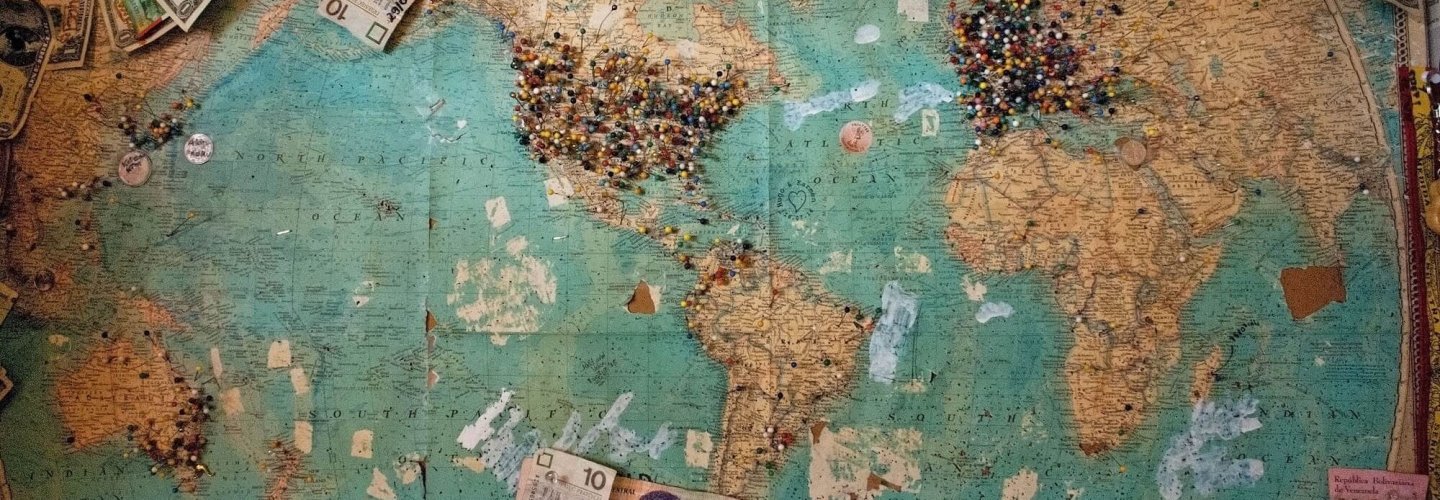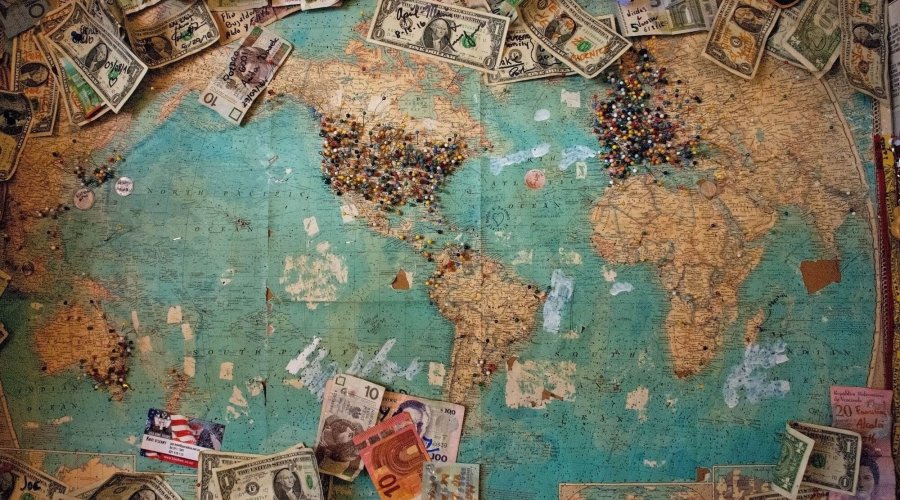As a songwriter, there are multiple ways in which you can earn money for the songs that you write. If you want to seriously make a living out of being a writer, it’s important that you not only understand what these revenue streams are but know how to make the most out of them.
So, what are the different revenue streams available?
Performing Rights
As a writer, you are entitled to royalties each time your song or composition is played or performed in public. Had your song played on the radio or on television? Yes this counts! What about all of those gigs and festivals you have performed at? You guessed it, you can earn performance royalties from these too. This is also the same for if the song is played in a public space for example a shop or restaurant.
It’s not enough to know what performing rights are, though. You also need to make sure you’re actually collecting them! In all of these instances, these royalties are collected by the collection society for the country in which the performance occurred. For example, in the UK this is the PRS.
Don’t worry if the performance occurred outside of your home country though, as most collection societies have reciprocal agreements with their foreign counterparts in order to transfer the royalties to the writer. However, it is paramount that you register yourself with your local collection society else they won’t know who to pay. And we don’t want that do we?
Mechanical Income
When your song is embodied in a sound recording, this is where mechanical income comes into play.
Mechanical rights differ from performing rights as they are paid to the writer when their composition is reproduced onto a physical product. This could be CD, vinyl or even tape. People still use those right?! In today’s digital world, mechanical royalties are also due whenever the sound recording that contains your composition (stay with me!) is downloaded or streamed.
These royalties are collected by your mechanical rights society. For example, in the UK this is MCPS which is partnered with the PRS for Music but you still need to sign up to them as well to collect your mechanicals. You should check who your local mechanical society is to ensure that you are paid these royalties too.
Synchronisation
Synchronisation (or sync) has seen huge growth within the music industry in recent years. Some artists are even seeing bigger pay cheques from having their song featured in a TV show than from record sales. So what is sync? This is basically whenever your song is placed within visual media including film, television, advertisements and video games. You can read more about sync in our previous blog.
Sync is often seen as the superstar of earning money from your songs, but don’t forget about the fact that each time your song is played on screen you’re, in most cases, entitled to performance royalties as well. Remember them from earlier? So, you need to have all planets aligned in order to fully maximise your revenue streams.
Print Rights
Often put to the back of people’s minds, but don’t underestimate the humble piece of sheet music. Again, in today’s society these can now be both physical and digital. Each time this is reproduced and sold you’re entitled to royalties. This is the only revenue stream we’re going to discuss that doesn’t involve a collection society. Instead, the royalties go from the publisher of the sheet music straight to the songwriter or composer. If you have a music publisher, the royalties will flow to them first before they pass them to you.
Ok, so now I know about these revenue streams.
If you’re going to take anything away from this, make sure that you fully understand the different ways in which your songs can earn you some money. This can open up a whole new different world for you!
Most importantly- get yourself registered with your collection society. Without this, you can’t earn the maximum revenue for your songs.
You may also find it useful to find an ally in a music publisher. Not only can they help take the pressure off you by collecting all of these different royalties on your behalf, because let’s not pretend like this isn’t complicated! They can also pitch and promote your music to the right people in order to generate more opportunities for your songs which in turn generates more revenue.

